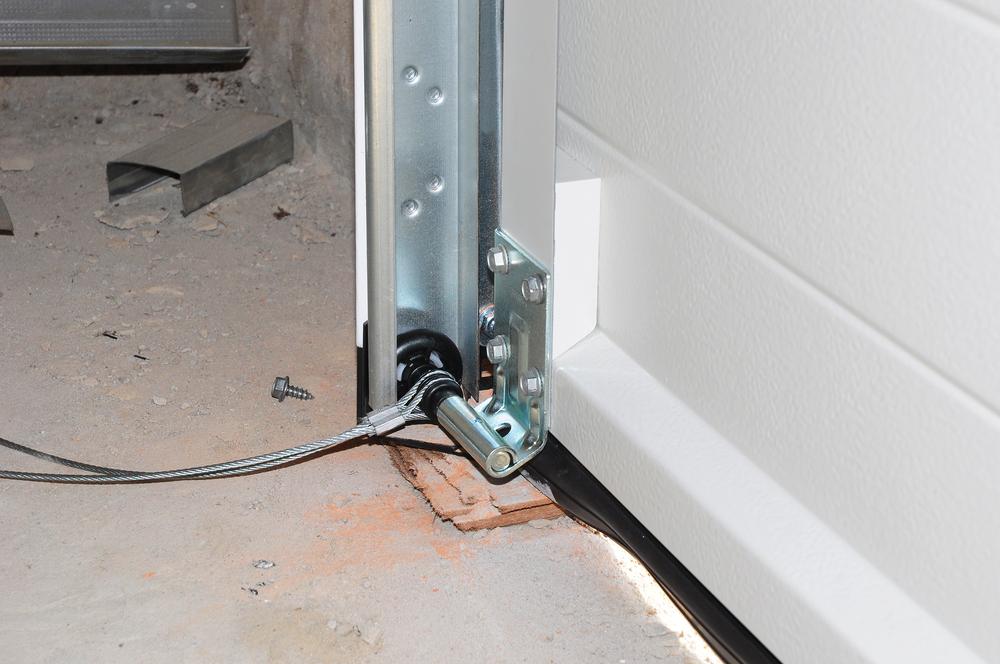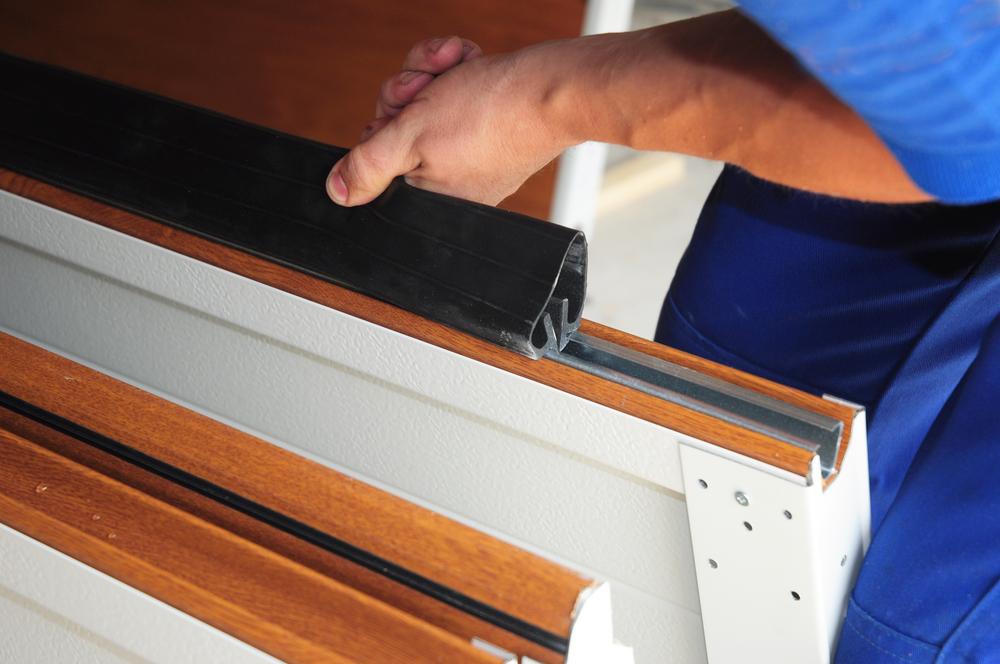You probably don’t think about your garage door seal—until a cold draft sneaks in or, worse, a critter moves in.
A good seal keeps out weather, pests, and dirt while helping lower energy costs. But not all seals are the same. Which one is right for your garage? Let’s break it down.
Why Garage Door Bottom Seals Matter
Think of a garage door bottom seal as a simple but effective barrier. It blocks drafts, water, pests, and debris, keeping your garage clean and usable. Here’s why these seals are essential for your home.
Protecting Against Weather Conditions
Rain, snow, or wind—once they find a way under your garage door, things can get unpleasant fast. A good seal makes sure water doesn’t pool inside your space. It keeps out winter drafts and summer heat. In harsh weather, a strong seal prevents water from pooling.
Improving Energy Efficiency
A garage door with a weak or missing seal can suck the warmth out of your home or let the scorching heat in. Seals close gaps to keep air in and energy costs down, especially in attached garages.
Deterring Pests and Dirt
Bugs, rodents, and dirt are constant intruders when there’s an open space below the door. A proper seal creates a barrier they can’t cross. Without it, you’re inviting everything from ants to mice to make themselves cozy in your garage. No one wants to sweep out piles of dirt or discover chewed-up storage boxes because of an avoidable gap.
Overview of Common Garage Door Bottom Seal Types
Not all seals are the same, and it’s important to pick one that matches your needs. Here are the most common garage door bottom seal types and what makes them each a strong option.
T-Type Garage Door Bottom Seal
This seal is shaped like the letter “T” when viewed from the end. A T-type seal slides into most garage door tracks for a snug, year-round fit. It’s a simple, effective choice if your tracks are in good shape.
J-Type Garage Door Bottom Seal
When installed, this seal forms a “J” shape on both ends. Its curved edges create a tight barrier, making it great for homes in windy or wet areas. A J-type seal blocks water, drafts, and pests, keeping your garage protected. It’s a bit more robust than the T-type, so it’s well-suited for harsher climates.
Bulb-Type Garage Door Bottom Seal
This type has a rounded, bulb-like structure that compresses as the door closes. It’s fantastic for uneven garage floors, where a standard flat seal might leave tiny gaps. A bulb-type seal flexes to fit uneven surfaces, creating a reliable barrier. It’s perfect if your garage floor isn’t perfectly smooth but you still want maximum coverage.
Threshold Seals
Unlike other seals that attach to the door, threshold seals affix to the floor of your garage. They create a raised barrier that your garage door comes down onto. This is ideal if your door doesn’t fit a seal well or needs extra water protection. Installation requires adhesive or screws, but it lasts and works well.

Factors to Consider When Choosing the Right Seal
Getting the best seal for your garage takes a little homework. What works for someone else might not be the right fit for you. These considerations will help you pick wisely.
Garage Floor and Door Conditions
Before you buy, check how smooth or uneven your garage floor is. If cracks and gaps are obvious, a bulb-type or threshold seal can give better coverage.
Likewise, inspect your garage door’s condition. Does it have tracks that are compatible with a T-type or J-type garage door bottom seal? Match the seal to the hardware you’ve got.
Local Climate and Weather
In wet climates, choose a moisture-blocking seal. Windy areas need a sturdy J-type. For mild weather, a T-type may do. Pick what fits your climate best.
Ease of Installation and Maintenance
Planning to tackle this yourself? Look for a seal with straightforward installation, like the T-type or bulb-type.
For durability over easy installation, a threshold seal is worth the effort. Clean the seal now and then to keep it working. No need to stress about upkeep.
The Right Seal Makes All the Difference
At Space Coast Garage Doors LLC, we know the value of a well-sealed garage. If you’re ready to upgrade your seal or have questions about the best option, we’ve got you covered. Don’t go another season without a strong seal—get an estimate today.

